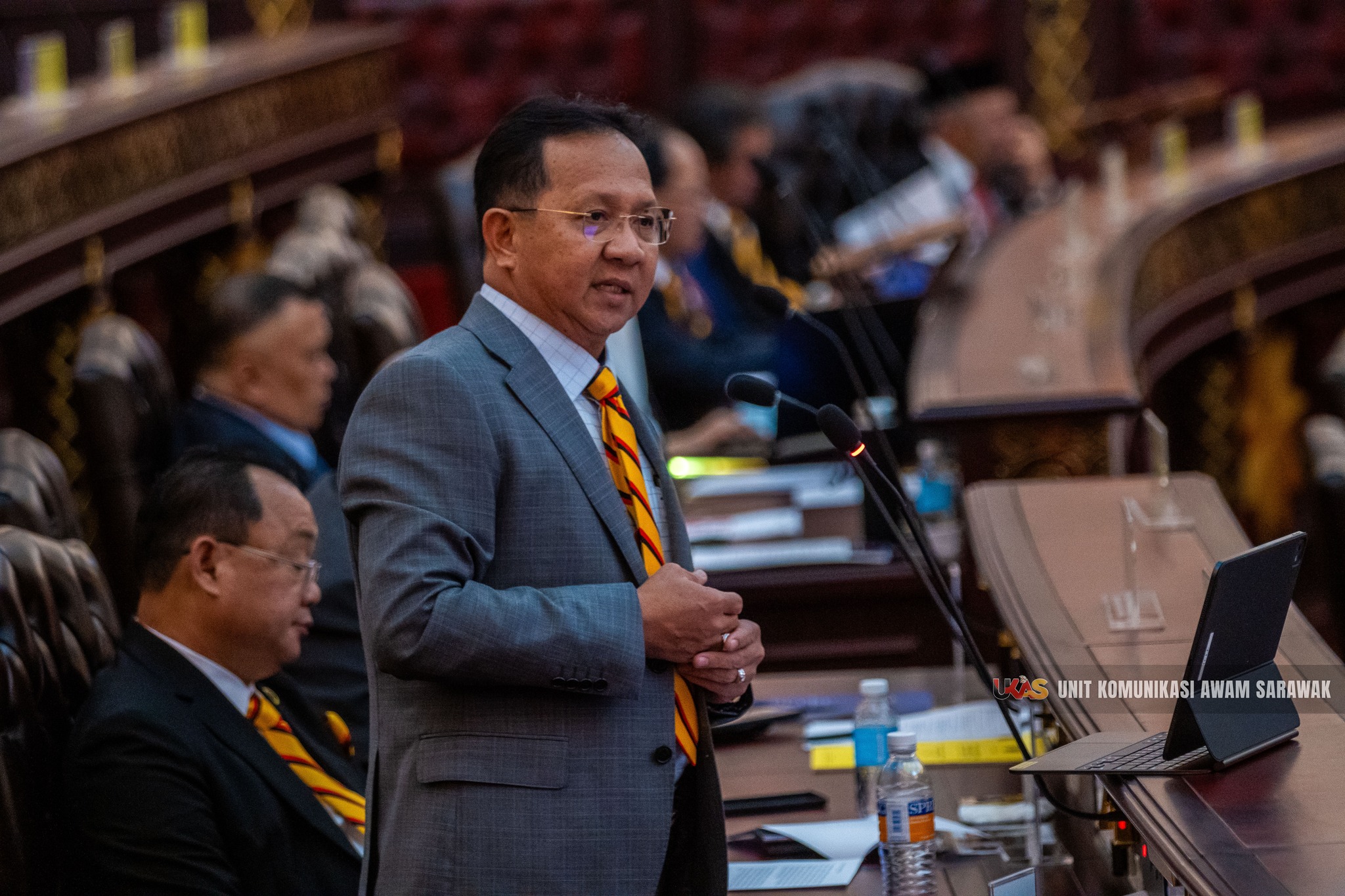
KUCHING: Sarawak strives to position itself as a digital leader and a model of good governance through modernising the state’s land management and administration system.
Daro Assemblyman, Safiee Ahmad said the proposed amendments to the Land Code (Amendment) Bill, 2025 will streamline functions, simplify outdated procedures, and standardise work processes to reflect the Sarawak Government’s current operational realities.
“One of the most impactful changes is the formal recognition of electronic systems, such as the eSPA System, a major shift that allows for online submission of applications and plans, eliminating the need for physical paperwork and reducing processing times significantly.
“The amendments also introduce more practical procedures for serving notices and expedited issuance of duplicate titles, which will greatly benefit the public and reduce administrative backlogs.
“On top of that, the extension of responsibilities from surveyors and valuers to other relevant officers in compensation matters brings much-needed flexibility and responsiveness to our land administration system,” he said.
He said this during the debate session for the Land Code (Amendment) Bill, 2025 at the 19th Sarawak Legislative Assembly (DUN) Sitting on Tuesday.
According to Safiee, the role of the State Planning Authority (SPA) is also significantly strengthened through the introduction of a legal definition of ‘development plan’.
He noted that this gives SPA a clearer mandate and stronger legal backing to regulate and guide land development in a planned and sustainable manner.
“Additionally, the Authority is now empowered to impose levy, fees, contributions, and other charges, which provides a flexible and responsive financial mechanism to support planning, infrastructure, and enforcement activities,” he stressed.
He further said that the inclusion of the term ‘any person’ in the amendments ensures that all stakeholders, including government departments and agencies are held accountable to planning requirements.
“This marks a shift towards greater equity and consistency in enforcement, where public and private sectors are subject to the same rules and expectations,” he said. -UKASnews

